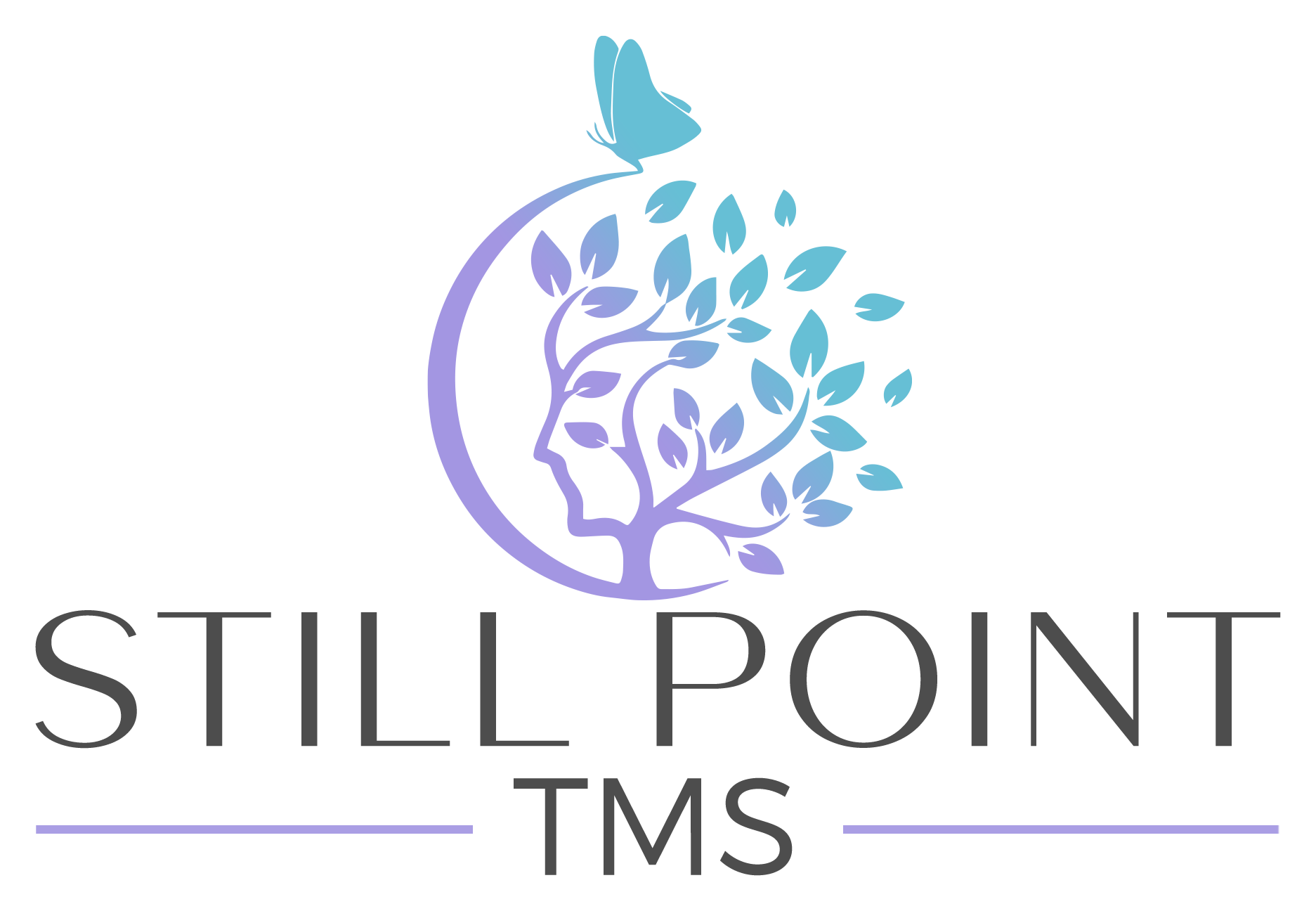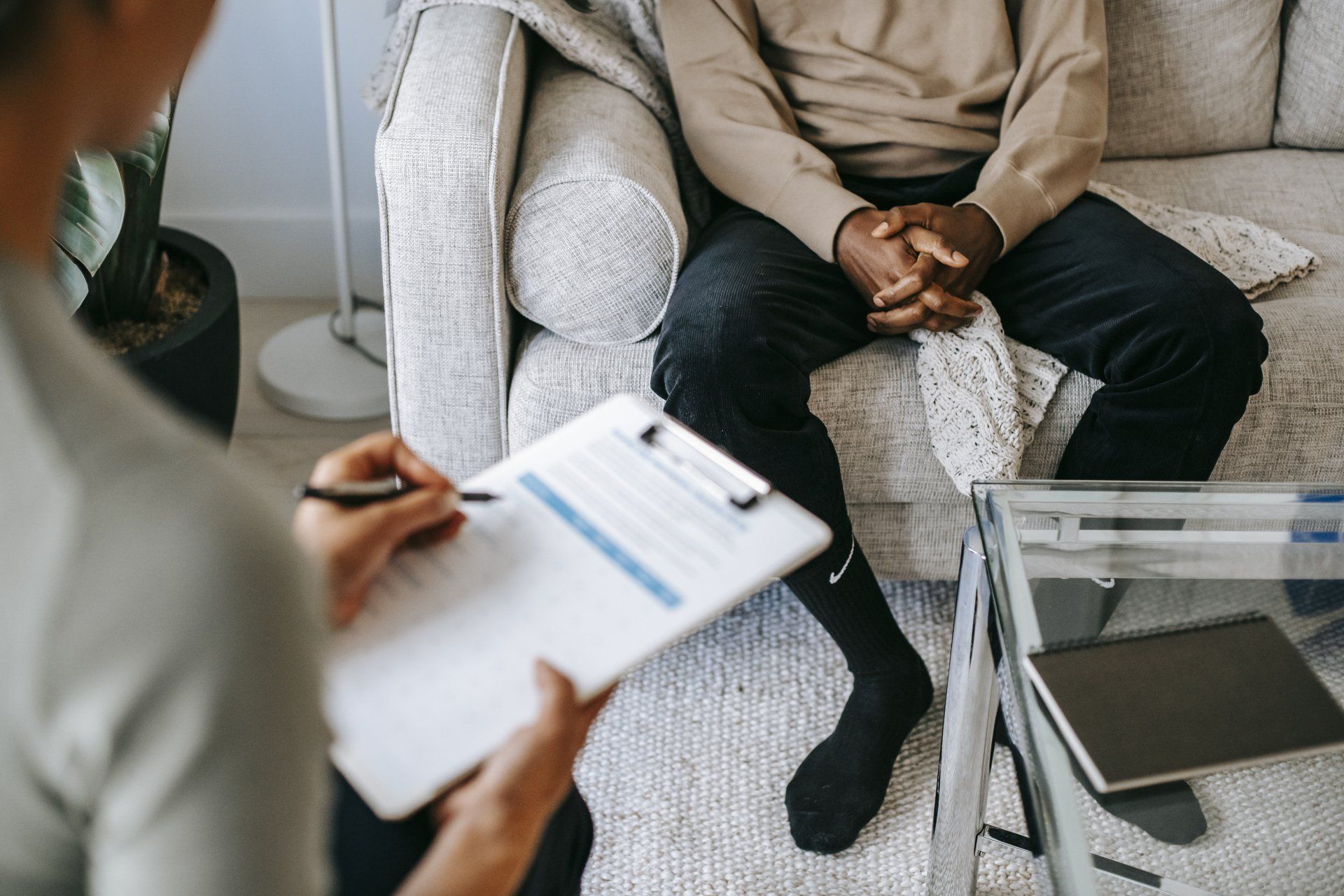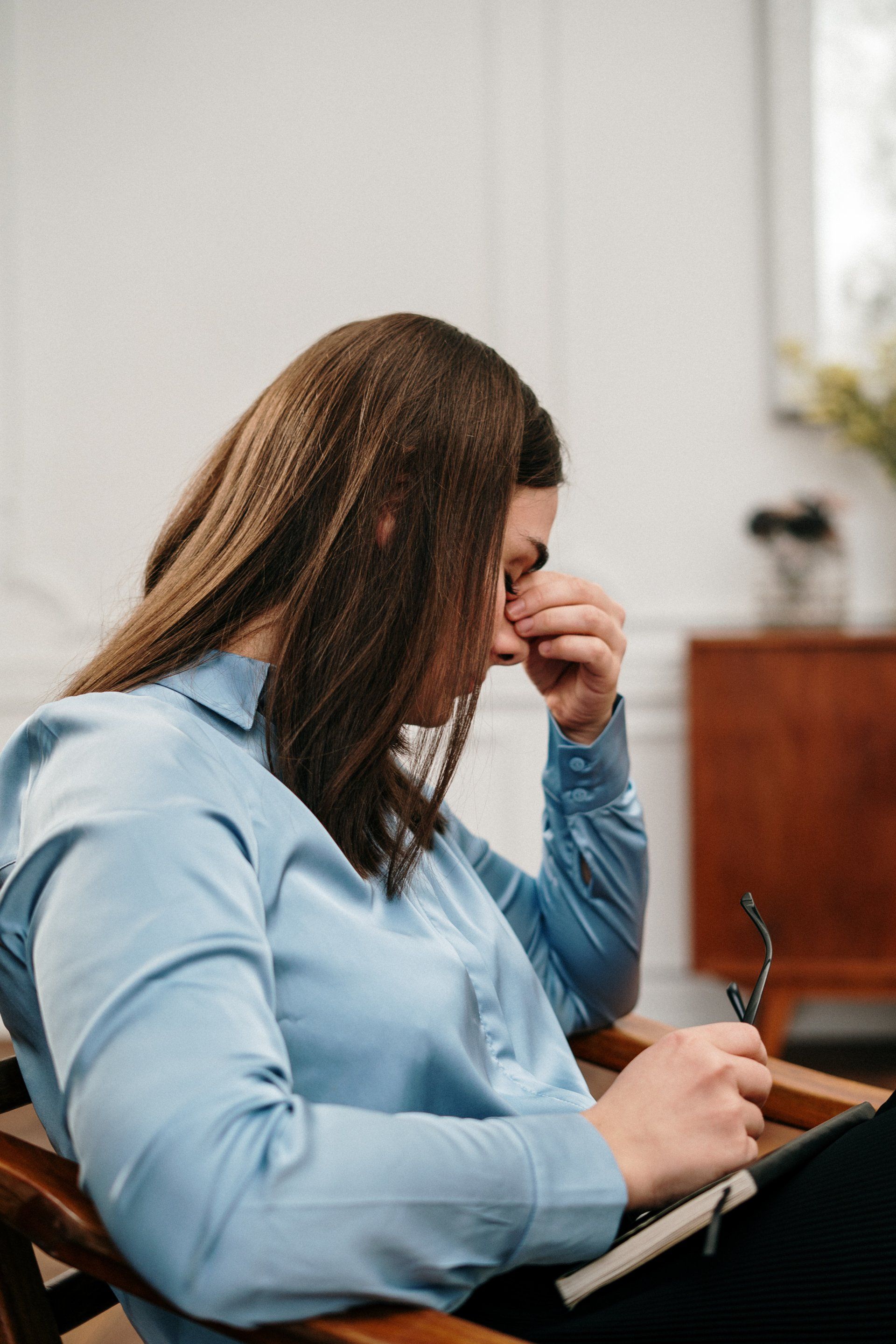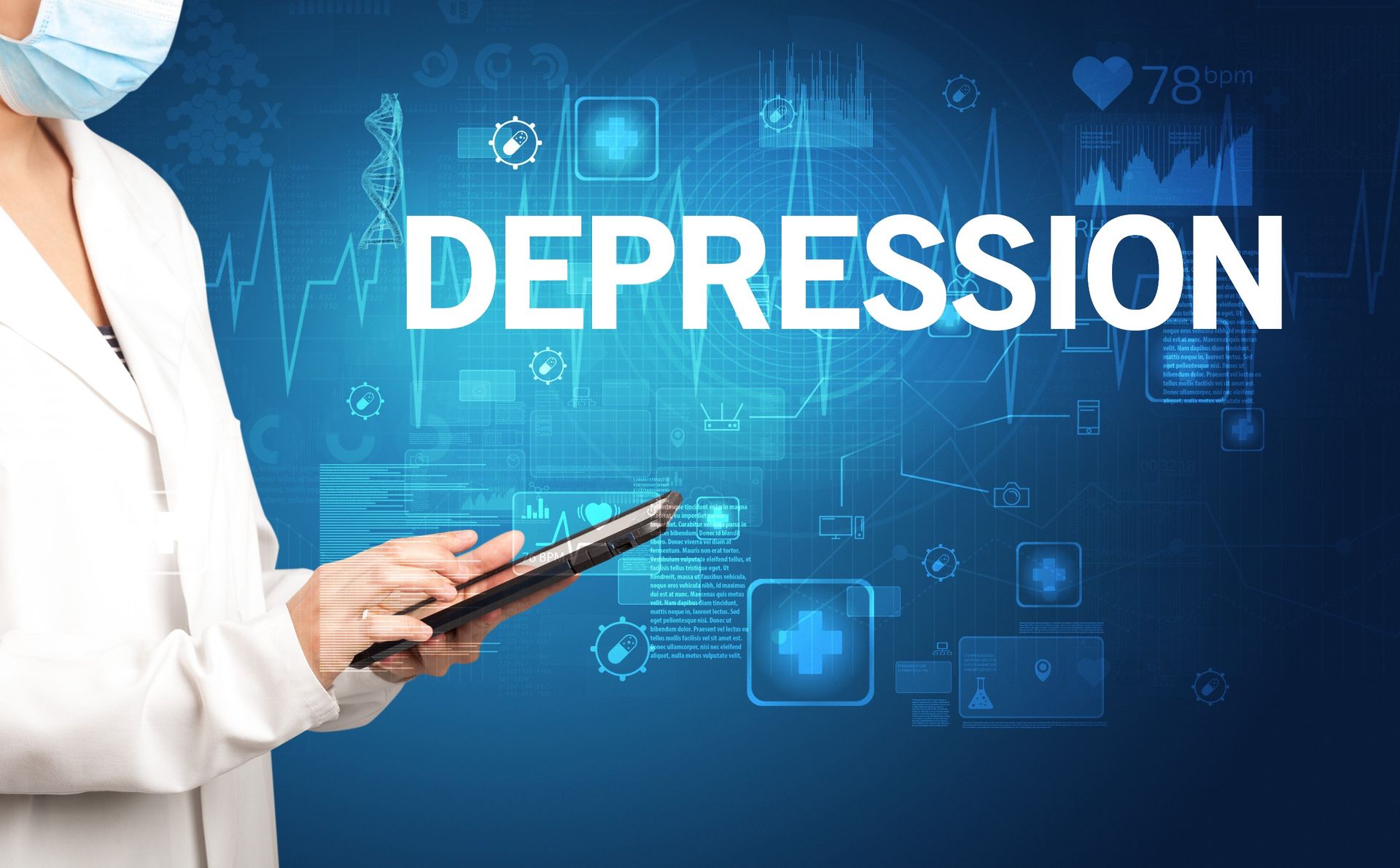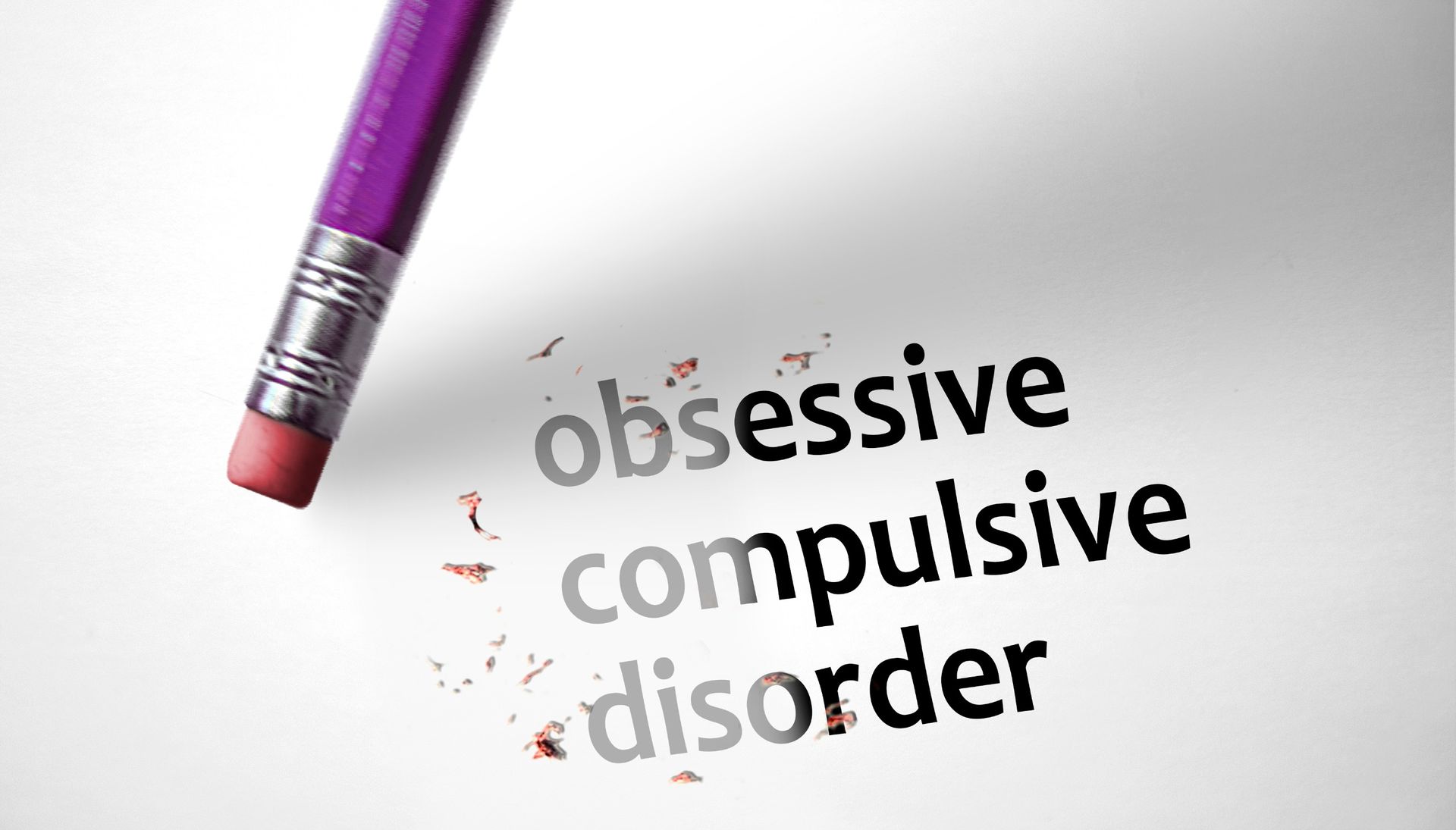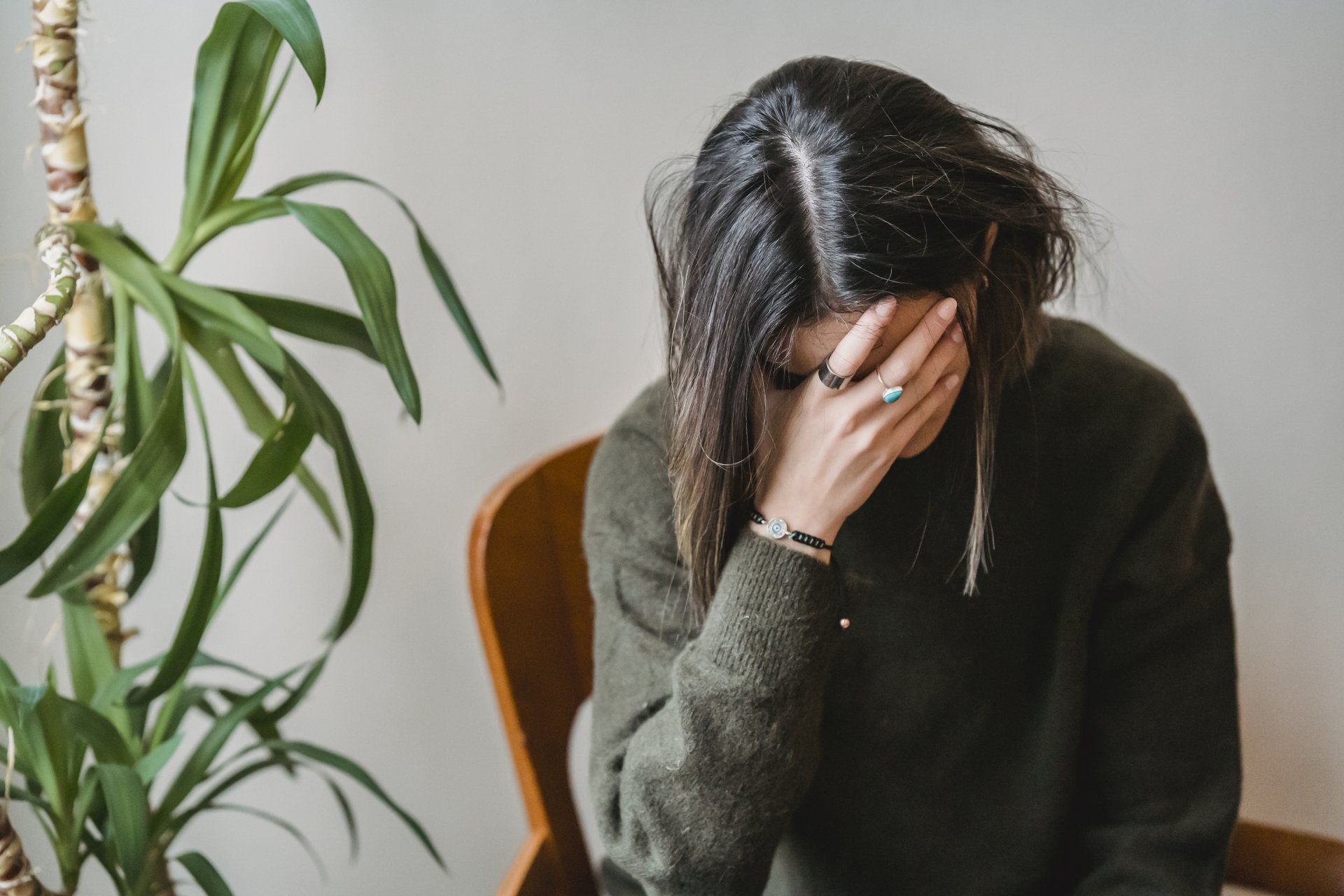103 Pennsylvania S, Charleston, WV 25302
103 Pennsylvania S, Charleston, WV 25302
Managing Depression: Causes, Symptoms, Types & Treatment
Michelle Bez • Oct 12, 2023
When it comes to mental health, depression is one of the most common—yet least understood—conditions affecting millions of people around the world. While not all cases look alike, understanding the different types and causes while discovering effective treatments for them can help bring relief.
In this blog post, we'll be exploring depression in detail — from its various kinds and symptoms to treatment options that are available today so you can build a better understanding of how to recognize and manage this serious condition.
Approximately 10% of people in the United States suffer from depression. (my.clevelandclinic.org)
Overview of Depression - What it is and How it Can Affect You
Depression is a mental health disorder characterized by persistently low mood, a feeling of deep sadness, and a lack of interest in previously enjoyed activities. It's more than just feeling "down" — it's a serious condition that affects mental and physical health.
Depression can significantly interfere with an individual's daily life, impacting work, relationships, and overall well-being. It can lead to various emotional and physical problems and decrease a person's ability to function at work or home.
This disorder isn't a sign of weakness or something you can simply "snap out of" — it's a real illness with real symptoms and requires professional treatment.
Causes of Depression: Biological, Psychological, and Environmental Factors
Depression is a complex disorder with a variety of potential causes, among which biological, psychological, and environmental factors play significant roles.
Biological Factors - One's biological makeup can contribute to the development of depression. It includes genetic predisposition, as research shows that if depression exists in twin siblings, the probability of the other twin developing the disorder is high. Neurotransmitter imbalances, particularly of serotonin, dopamine, and norepinephrine, can also trigger depression. Other biological causes include hormonal imbalances or the presence of certain physical illnesses.
Environmental Factors - External conditions and experiences can significantly influence the onset of depression. These may include prolonged exposure to violence, neglect, abuse, or poverty. Major life changes, stressful events, or any form of loss can also serve as a trigger.
It's important to note that these factors often interact with each other in complex ways to cause depression. For instance, an individual with a genetic predisposition may experience depression following a stressful event, demonstrating the interplay between biological and environmental factors. Understanding these causes is crucial for effective treatment and management of depression.
Symptoms of Depression: Recognizing the Signs
Depression manifests itself through a range of symptoms that can vary in intensity and duration. A depressed individual might not experience all symptoms, and the severity may vary from person to person. Here are the common symptoms associated with depression:
- Mood changes - Persistent feelings of sadness, anxiety, or emptiness, often accompanied by feelings of hopelessness, pessimism, guilt, worthlessness, or helplessness.
- Difficulty concentrating - Depression can often cause trouble in focusing, making decisions, or remembering things, leading to decreased productivity and difficulty in managing daily tasks.
- Sleep disturbances - It can take the form of insomnia (difficulty falling asleep or staying asleep), hypersomnia (excessive sleepiness), or a disruption in sleep patterns.
- Altered appetite - Some people may experience a decreased appetite and significant weight loss when not dieting, while others may have increased cravings for food and weight gain.
- Decreased energy or fatigue - A noticeable decrease in energy, increased fatigue, or feeling "slowed down" are common symptoms. It could be a constant or a significant increase from their usual energy levels.
- Physical symptoms - Unexplained aches and pains, headaches, cramps, or digestive problems that do not ease even with treatment can be signs of depression.
Feeling irritable or restless, losing interest in activities once enjoyed, including sex, and having thoughts of death or suicide are common symptoms of depression. It's important to seek professional help if you or a loved one is experiencing these symptoms. Remember, depression is not a sign of weakness or a character flaw; it's a medical condition that requires treatment.
Types of Depression: Understanding the Different Forms
Depression can manifest in different forms and each type may have distinct characteristics or triggers. Here are some of the common types of depression:
- Major Depressive Disorder (MDD) - This is the most commonly diagnosed form of depression and is characterized by episodes of severe depression that can last for two weeks or more. Symptoms include persistent sadness, loss of interest in activities, changes in appetite or weight, sleep disturbances, feelings of worthlessness, and in severe cases, thoughts of death or suicide.
- Persistent Depressive Disorder (PDD) - This type, also known as dysthymia, is characterized by a depressed mood that lasts for at least two years, but the symptoms are not as severe as those of MDD. People with PDD might appear to be chronically unhappy or pessimistic, but they are still able to function in their daily lives.
- Seasonal Affective Disorder (SAD) - SAD is a form of depression that follows a seasonal pattern, typically starting in late fall and early winter and easing during the spring and summer. Common symptoms include low energy, hypersomnia, overeating, weight gain, and social withdrawal.
- Bipolar Disorder - While not a type of depression, people with bipolar disorder experience episodes of depression along with episodes of mania (periods of extremely high energy and mood). The depressive episodes can be similar to MDD but are interspersed with manic episodes.
- Postpartum Depression - This type of depression occurs in women after giving birth. Mothers with postpartum depression typically experience extreme sadness, anxiety, and exhaustion that may make it difficult for them to complete daily care activities for themselves or others.
Each of these types of depression can be diagnosed and treated effectively. If you or a loved one is experiencing symptoms of depression, it's important to seek medical advice to ensure appropriate diagnosis and treatment.
Treatment Options for Depression: Medication, TMS Therapy, Lifestyle Changes & Self-Care Strategies
Several effective treatment options for depression range from medical treatments to lifestyle changes and self-care strategies.
- Medication - Antidepressant medication is a common treatment for depression. There are several types of antidepressants available, including Selective Serotonin Reuptake Inhibitors (SSRIs), Serotonin and Norepinephrine Reuptake Inhibitors (SNRIs), Tricyclic Antidepressants (TCAs), and Monoamine Oxidase Inhibitors (MAOIs). It's important to remember that these medications affect everybody differently, and what works for one person might not work for another.
- Transcranial Magnetic Stimulation (TMS) Therapy - TMS therapy is a non-invasive treatment that uses magnetic fields to stimulate nerve cells in the brain, specifically in areas involved in mood control and depression. It is often used when other depression treatments haven't been effective.
- Lifestyle Modifications - Lifestyle changes can also be an effective part of a comprehensive depression treatment plan. Regular physical activity and a healthy diet can significantly improve mood and energy levels. Additionally, maintaining a regular sleep schedule, reducing alcohol and caffeine intake, and avoiding recreational drugs can also help manage depression symptoms.
- Self-care strategies - Along with medical treatments and lifestyle changes, incorporating self-care strategies into your daily routine can also help manage depression. It may include practicing relaxation techniques such as mindfulness, meditation, and yoga, spending time in nature, or engaging in hobbies or activities you enjoy. Regular social interaction can also have a positive impact on your mood and outlook.
Remember, it's essential to seek professional help if you're struggling with depression. Everyone's experience with depression is unique, so what works for one person may not work for another. It's crucial to find a treatment plan that works for you and stick with it, even if it takes time to see improvement. If you're not feeling better after trying a treatment, let your healthcare provider know so they can adjust your treatment plan.
Coping with Depression: Tips to Manage Symptoms and Stay Positive
Living with depression can be challenging, but some strategies can help manage symptoms and maintain a positive perspective.
- Establish a Routine - Having a daily routine can help bring structure and order to your life. It can aid in managing depression by providing predictability and reducing feelings of chaos that can contribute to depressive symptoms.
- Set Realistic Goals - Setting small, achievable goals can help you regain a sense of control and purpose. Start with simple tasks that can be easily achieved and gradually increase the complexity as your confidence improves.
- Stay Active - Physical activity boosts your mood by increasing the production of endorphins - your brain's feel-good neurotransmitters. Engage in activities you enjoy, whether it's walking, dancing, yoga, or gardening, strive for at least 30 minutes of activity each day.
- Eat Healthy - Nutritious food can have a direct impact on how you feel. Aim for a diet rich in fruits, vegetables, lean proteins, and whole grains. Limit consumption of processed foods, alcohol, and caffeine, which can exacerbate depression symptoms.
- Prioritize Sleep - Poor sleep can worsen depressive symptoms. Try to establish a regular sleep schedule by going to bed and waking up at the same time each day. Also, avoid screens before bedtime as they can interfere with your body's natural sleep rhythms.
- Stay Connected - Reach out to trusted friends and family members. Isolation can exacerbate feelings of depression, so it's important to stay connected with a support network, whether it's in person, over the phone, or through online platforms.
- Practice Mindfulness - Mindfulness exercises, such as meditation or deep breathing, can help you stay present and focused, reducing depressive thoughts. Practice for a few minutes each day and gradually increase the duration over time.
- Seek Professional Help - If your symptoms are severe or if self-care strategies aren't helping, consult a mental health professional. They can provide guidance and recommend appropriate treatments, such as medication or psychotherapy.
Remember, it's okay to seek help, and it's okay to have bad days. Progress may be slow, but with patience and persistence, it is possible to manage depression and lead a fulfilling life.
About Still Point TMS
Are you struggling with depression or other mental health disorders, are local to Charleston West Virginia, and don’t know what to do? If yes, you have come to the right place! At Still Point TMS we are here to help you overcome depression with TMS therapy.

Schedule a Consultation
Local to Charleston West Virginia and need help with depression? Contact Still Point TMS today!
Call Now: 304-915-0084

TMS Therapy Can Help People With
- Depression
- Lack of Joy
- Sadness and Despair
- Low Mood
- Lethargy
- Insomnia
- Oversleeping
- Social Isolation
- Self-Harm
- Substance Abuse
- Suicidal Ideation
- Alcoholism


Ready to Get Started?
Holistic Anxiety Disorder Treatment & Mental Health Services in Charleston, WV
Our commitment is to enhance the mental health of our community and we pledge to support you in your journey by providing a customized treatment plan to help you overcome your struggles and achieve a fulfilling life. At Still Point TMS, our mental health clinic in Charleston West Virginia, we utilize TMS therapy, an exceptional and innovative method to combat treatment-resistant depression. We're dedicated to helping you find the mental well-being you deserve. It’s time.
Or Call: 304-756-5715 for Bez Psychiatric
🙌 Bez Psychiatric Is Now Part of Still Point TMS Therapy 🎉
Navigation
Contact
Or Call: 304-756-5715 for Bez Psychiatric
304-346-9927
MON – FRI: 9am-4pm
SAT – SUN: Closed
103 Pennsylvania S, Charleston, WV 25302
